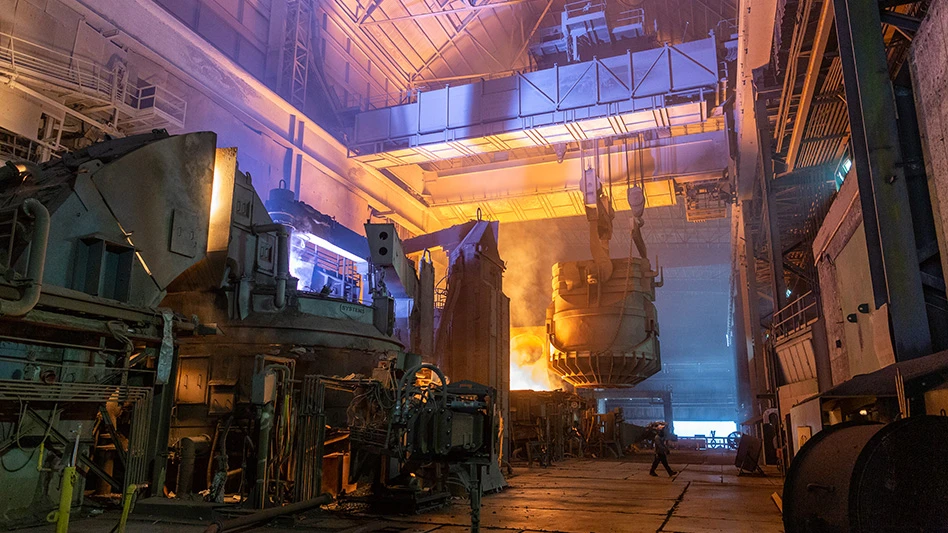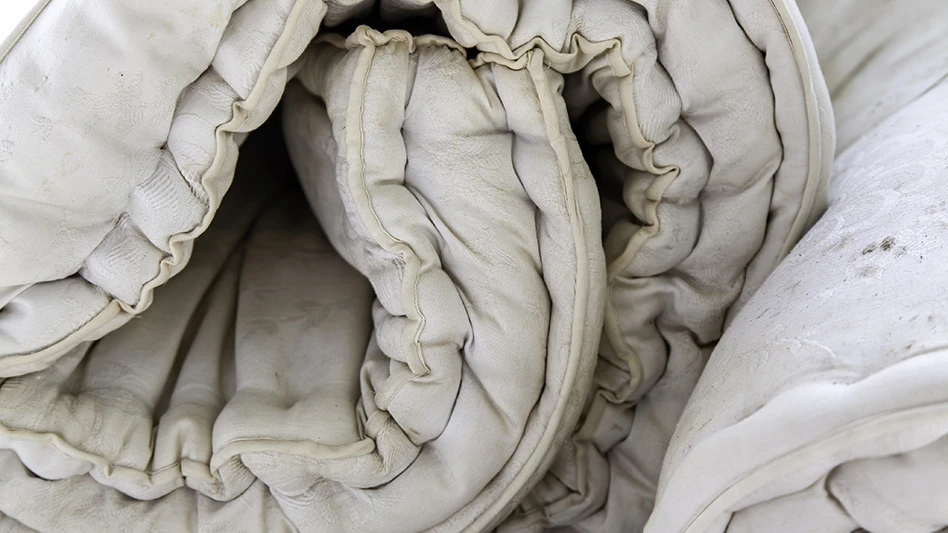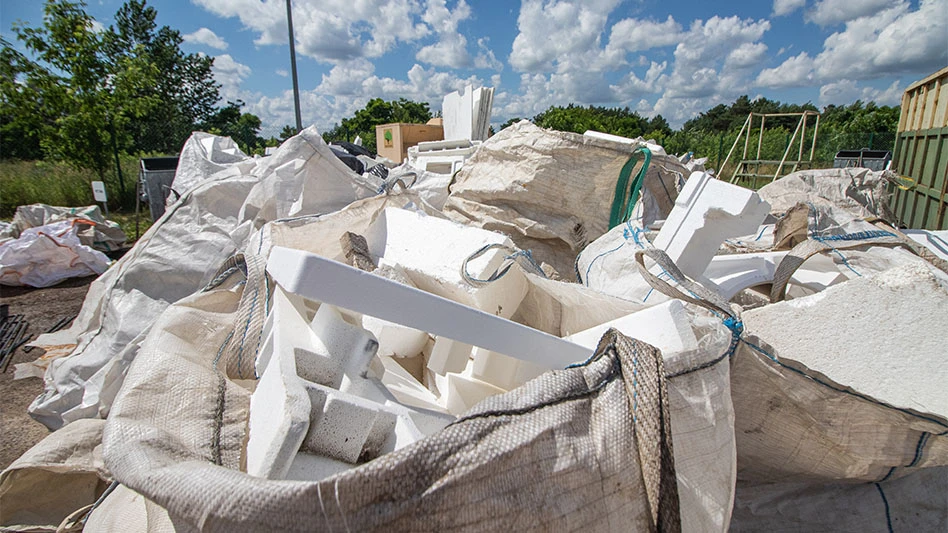Thirty-one percent of McDonald’s Corp. shareholders supported a proposal from Oakland, California-based nonprofit organization As You Sow asking the company to phase out expanded polystyrene (EPS) foam packaging globally, according to vote results announced at McDonald's annual meeting May 24.
The vote exceeds the average voting result of 20 percent for social and environmental issue proposals.
McDonald’s has phased out EPS foam beverage cups in the United States but continues to use them in international markets identified as having high levels of plastics deposition onto land and waterways, including Hong Kong and parts of the Philippines, according to As You Sow. The organization says EPS foam used for coffee cups, takeout containers and packing materials is recycled in low numbers, is often swept into waterways and is one of the top items found in ocean beach cleanups.
“The company was concerned enough about the environmental impact of polystyrene 27 years ago to stop using clamshell EPS foam-based burger containers,” says Conrad MacKerron, As You Sow senior vice president. “It’s disconcerting that it did not follow through to fully remove polystyrene across its packaging system. This vote sends a signal to management that it’s time to finish the job.”
McDonald’s phaseout of foam burger containers in 1990 which, along with other changes in packaging, saved the company an estimated $6 million per year, and in the decade following these actions, helped the company reduce restaurant waste by 30 percent, according to the Environmental Defense Fund. As You Sow says it was a catalyst for McDonald’s to phase out use of EPS cups in the U.S. in 2013.
In April 2017, As You Sow withdrew a shareholder proposal with Target Corp. asking the company to phase out EPS foam packaging in its e-commerce operations after it agreed to work with its value chain and industry peers to discuss replacing EPS with less harmful alternatives, according to the organization.
Fifteen major brands, including Coca-Cola Co., Danone, Dow Chemical Co., L’Oreal, Marks & Spencer, Mars, PepsiCo Inc., Procter & Gamble Co. and Unilever recommended replacement of EPS foam as a packaging material in a report released in January 2017 by the Ellen MacArthur Foundation.
The International Agency for Research on Cancer has determined that styrene, used in the production of polystyrene, is a possible human carcinogen. EPS foam packaging materials break down into small indigestible pellets, which animals mistake for food, resulting in death to birds, fish and other marine animals, says As You Sow. Foam also may pose a higher risk to marine animals than other plastics; research indicates it can accumulate high concentrations of waterborne toxins in a short time frame, the organization says.
Nine countries and more than 100 U.S. cities or counties have banned or restricted EPS packaging.
The vote exceeds the average voting result of 20 percent for social and environmental issue proposals.
McDonald’s has phased out EPS foam beverage cups in the United States but continues to use them in international markets identified as having high levels of plastics deposition onto land and waterways, including Hong Kong and parts of the Philippines, according to As You Sow. The organization says EPS foam used for coffee cups, takeout containers and packing materials is recycled in low numbers, is often swept into waterways and is one of the top items found in ocean beach cleanups.
“The company was concerned enough about the environmental impact of polystyrene 27 years ago to stop using clamshell EPS foam-based burger containers,” says Conrad MacKerron, As You Sow senior vice president. “It’s disconcerting that it did not follow through to fully remove polystyrene across its packaging system. This vote sends a signal to management that it’s time to finish the job.”
McDonald’s phaseout of foam burger containers in 1990 which, along with other changes in packaging, saved the company an estimated $6 million per year, and in the decade following these actions, helped the company reduce restaurant waste by 30 percent, according to the Environmental Defense Fund. As You Sow says it was a catalyst for McDonald’s to phase out use of EPS cups in the U.S. in 2013.
In April 2017, As You Sow withdrew a shareholder proposal with Target Corp. asking the company to phase out EPS foam packaging in its e-commerce operations after it agreed to work with its value chain and industry peers to discuss replacing EPS with less harmful alternatives, according to the organization.
Fifteen major brands, including Coca-Cola Co., Danone, Dow Chemical Co., L’Oreal, Marks & Spencer, Mars, PepsiCo Inc., Procter & Gamble Co. and Unilever recommended replacement of EPS foam as a packaging material in a report released in January 2017 by the Ellen MacArthur Foundation.
The International Agency for Research on Cancer has determined that styrene, used in the production of polystyrene, is a possible human carcinogen. EPS foam packaging materials break down into small indigestible pellets, which animals mistake for food, resulting in death to birds, fish and other marine animals, says As You Sow. Foam also may pose a higher risk to marine animals than other plastics; research indicates it can accumulate high concentrations of waterborne toxins in a short time frame, the organization says.
Nine countries and more than 100 U.S. cities or counties have banned or restricted EPS packaging.
Latest from Recycling Today
- Alpla calls 2024 year of recycling growth
- Altilium says agreement puts it on lithium recycling path
- NWRA, SWANA partner to address lithium-ion batteries
- Corinth, Texas, renews waste contract with CWD
- Fresh Perspective: Sarah Zwilsky
- Plastics Industry Association announces leadership changes
- QCC celebrates 50th anniversary
- Venture Metals acquires 2 nonferrous processors





